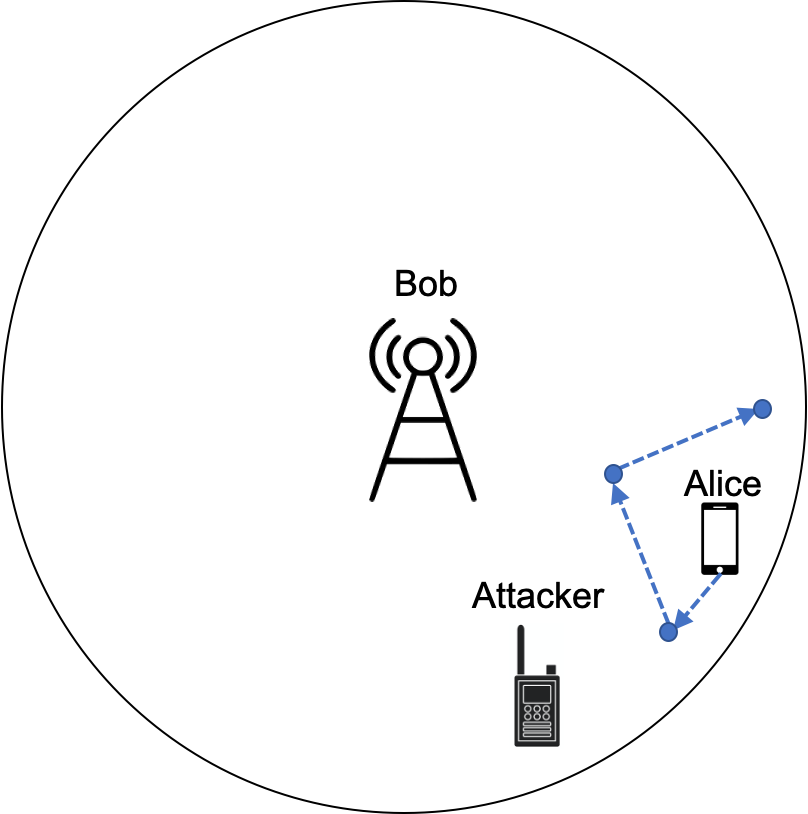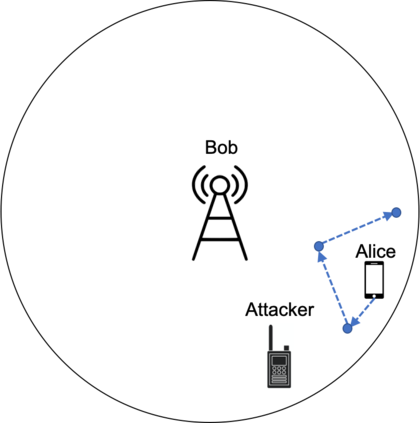Lightweight and low latency security schemes at the physical layer that have recently attracted a lot of attention include: (i) physical unclonable functions (PUFs), (ii) localization based authentication, and, (iii) secret key generation (SKG) from wireless fading coefficients. In this paper, we focus on short blocklengths and propose a fast, privacy preserving, multi-factor authentication protocol that uniquely combines PUFs, proximity estimation and SKG. We focus on delay constrained applications and demonstrate the performance of the SKG scheme in the short blocklength by providing a numerical comparison of three families of channel codes, including half rate low density parity check codes (LDPC), Bose Chaudhuri Hocquenghem (BCH), and, Polar Slepian Wolf codes for n=512, 1024. The SKG keys are incorporated in a zero-round-trip-time resumption protocol for fast re-authentication. All schemes of the proposed mutual authentication protocol are shown to be secure through formal proofs using Burrows, Abadi and Needham (BAN) and Mao and Boyd (MB) logic as well as the Tamarin-prover.
翻译:最近引起大量注意的物理层轻量度和低悬浮度安全计划包括:(一) 物理不易变形功能(PUFs),(二) 基于本地化的认证,以及(三) 由无线淡化系数产生的秘密钥匙生成(SKG),在本文中,我们侧重于短长,并提出一个快速的、隐私的、多要素的认证协议,将PUFs、近距离估计和SKG单独地结合起来。我们侧重于延迟限制的应用,并展示SKG计划在短长段内的表现,方法是对三个频道代码组进行数字比较,包括半速低密度的低密度检查代码(LDPC)、Bose Chaudhuri Hocquenghem(BCH)和N=512,1024极Slepian Wolf代码。SKG键被纳入快速再校正的零往返时间恢复协议。所有拟议的相互认证协议都通过使用Burrows、Abadi和NEngham(BABY-M)和Boy-MABA逻辑的正式证据证明是安全的。





